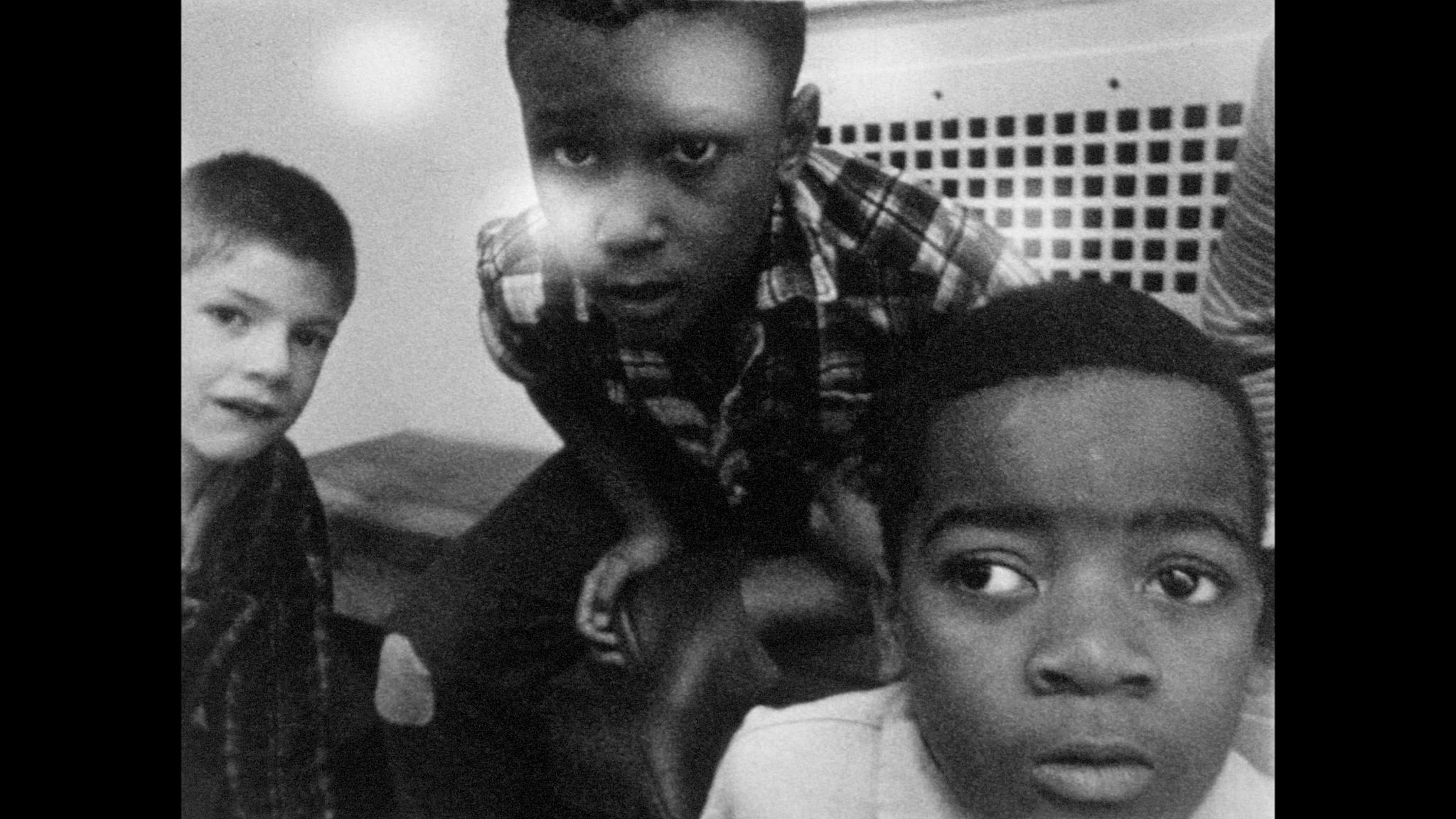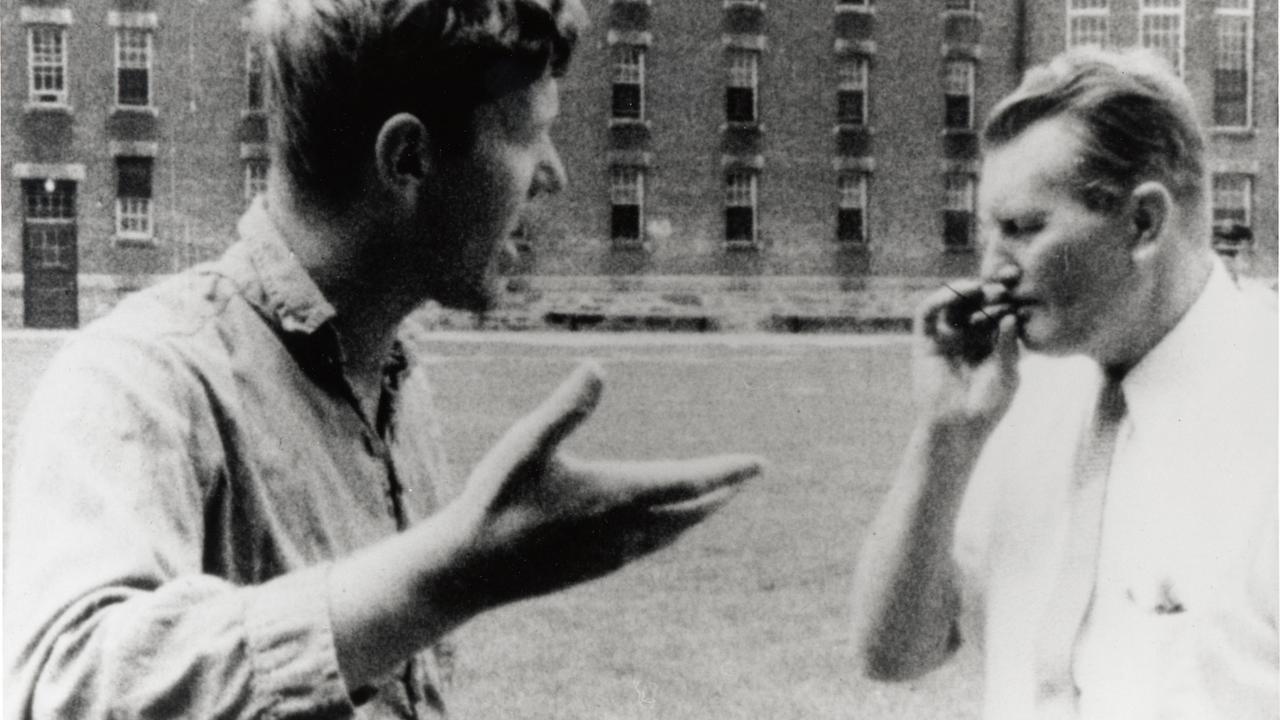(Format Court Magazine (formatcourt.com)
I couldn’t tell if emotions were somewhere in my body or a place in the city.
Realized over a period of 50 years, Scrapbook (discovered at the IndieLisboa festival in the “Silvestre” section) is a documentary about the residents of a home for the mentally challenged. Narrated and commented upon by one of its patients, Donna Washington, the film reflects on the conditions of treatment and detention in America during the sixties.
Mike Hoolboom is a director sensitive to the question of difference, and to those who continue to live and work in the margins. He is now emerging as one of the most innovative filmmakers from Canada, a country which has also produced talents like Guy Maddin, or a younger generation represented by Félix Dufour-Laperrière or Theodore Ushev.
Guided by images shot by the artist Jeffrey Paull in Ohio’s Broadview Developmental Center in 1966, Hoolboom revisits scenes of the asylum for children with autism. Paull’s work at the Centre was intended to grant patients the opportunity to actively participate in the creation of portraits, to develop (both in and out of the darkroom), a series of views, a subjectivity grounded in pictures. As opposed to the delirious proximity of autism, pictures might grant the distance necessary to compose a self, a line between self and other.
Donna Washington’s sometimes disjointed speech focuses on the feelings and fragilities of patients facing the frank stare of the camera. Through the voice of an actress (she considered her “more real” for the film), Donna evokes with great immediacy the difficulties experienced by her and her colleagues to absorb, express and manage emotions. Sometimes speaking of herself in the third person, the text attests to the complex and ambiguous identification of patients whose identities might be found and lost in the faces of each other.
The pictures are the singular work of Jeffrey Paull, who manages to recompose the shell of identity in a series of camera encounters. Half a century later, Hoolboom brings one of its subjects back into these frames, creating a loop that admits another view of these lived moments.
Donna evokes this dilation of time several times by browsing through this motion-picture album filmed in her youth (the movie’s pictures are the “scrapbook” of the film’s title). These compressions find their echo in a weighted soundtrack composed by Stephan Mathieu. The track operates a distressing counterpoint between sound and image, its ambient sounds opaque and mysterious, its obstinately dissonant tones suggesting the fear that underlies centres like this, before the advent of community-based health care
Scrapbook necessitates both comparison and contrast with Frederick Wiseman’s infamous Titicut Follies (1967), shot just a year later. This highly controversial documentary proceeds via cinema verité treatments of the patient-inmates in the Bridgewater State Hospital for the criminally insane. There is more than information on display here, as it mercilessly unveils the abuse so widespread in institutions like this. But Hoolboom and Paull are far from putting the cinema audience into a jury dock, weighing the actions of a system given shape by an architecture and administration. Their goal instead is to grant agency to one of those who can voice her own experience, five decades later.

